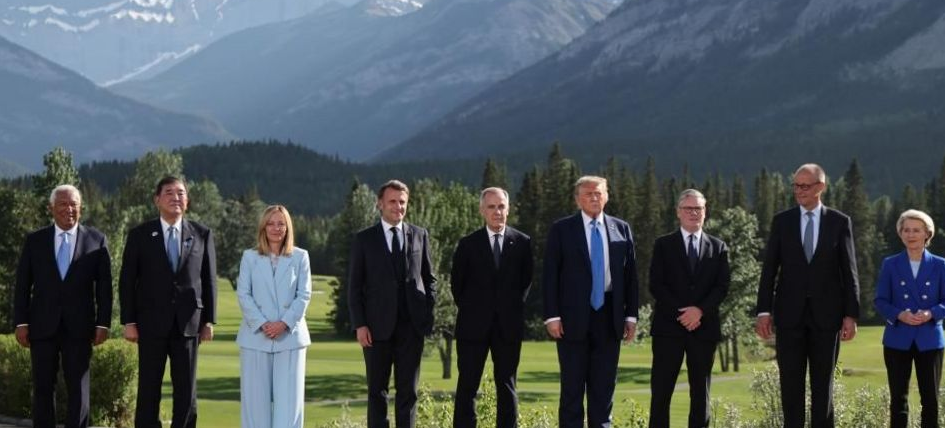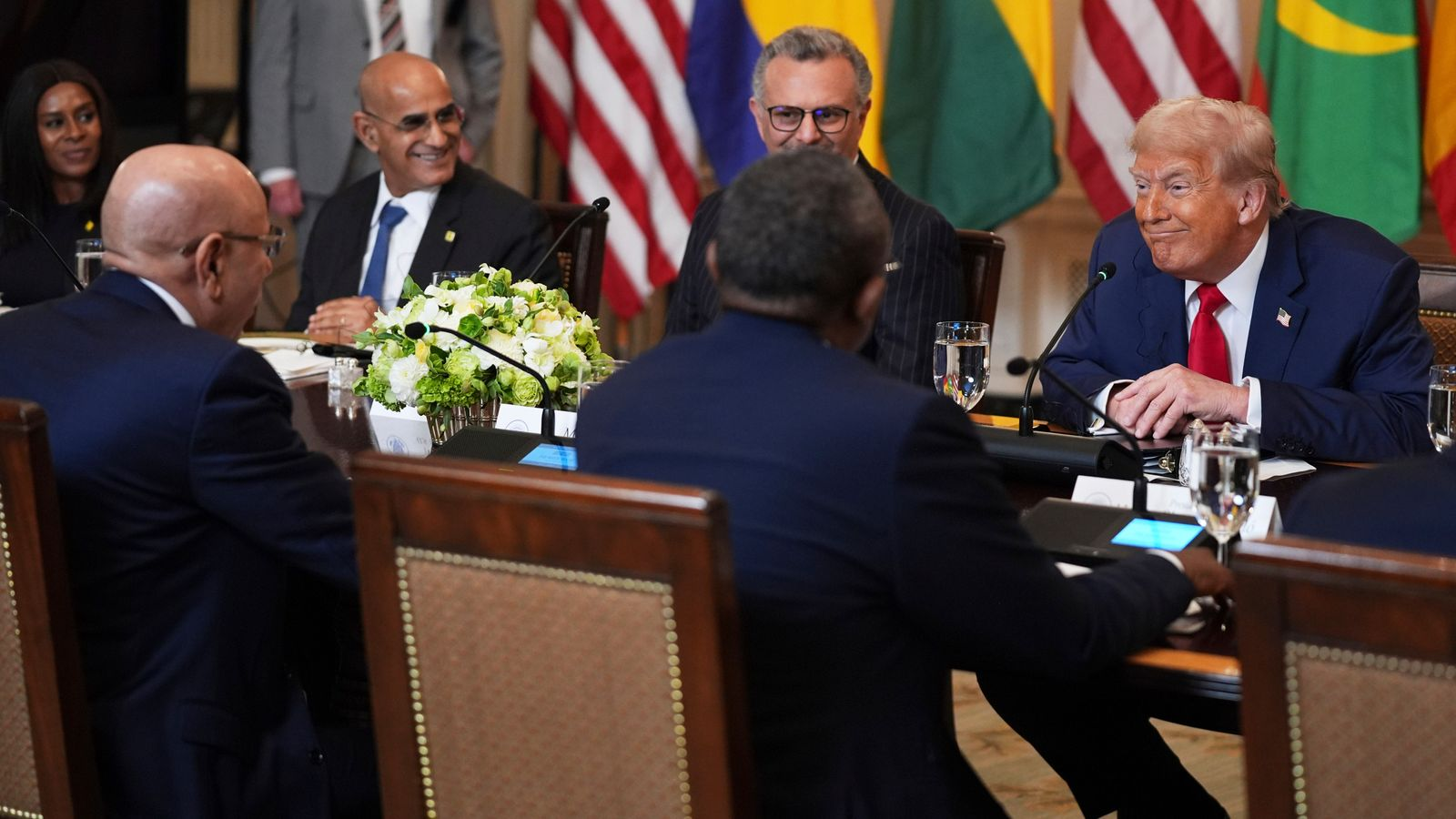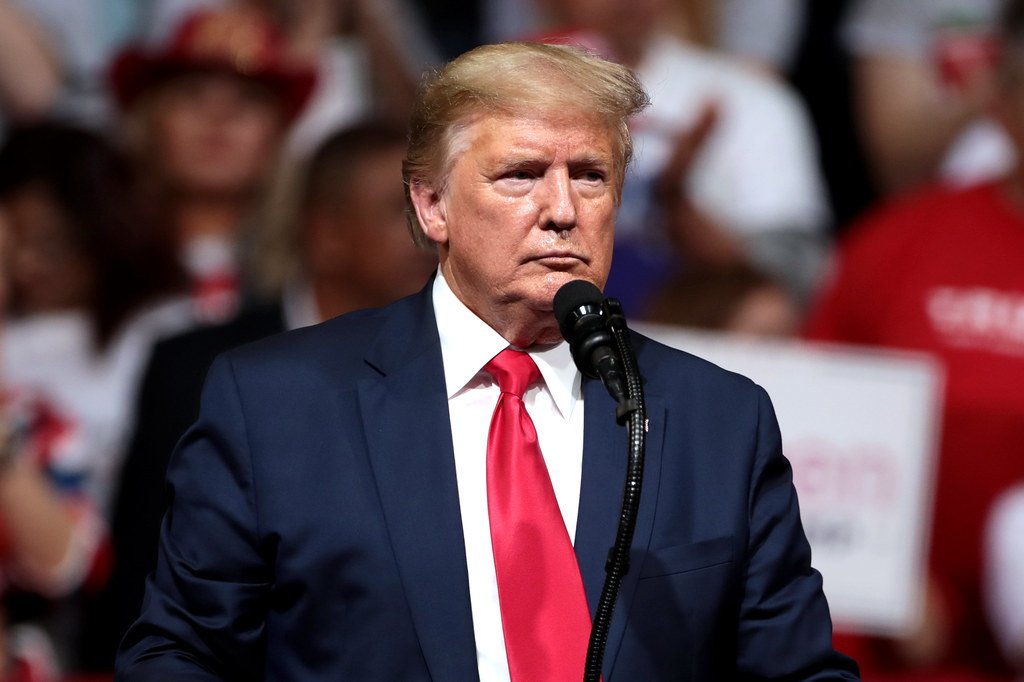June 17, 2025 — BlogHear.com
Leaders of the G7 nations have issued a joint call for a “de-escalation of hostilities in the Middle East, including a ceasefire in Gaza,” during their summit held in Kananaskis, Canada. However, the statement stopped short of demanding a ceasefire between Israel and Iran, as regional tensions continue to escalate rapidly.
The summit was notably overshadowed by US President Donald Trump’s abrupt departure before its conclusion. While his administration cited the situation in the Middle East as the reason, the president offered only that he was returning to Washington for “big stuff,” denying it was directly related to the ceasefire discussions.
Tensions Between Israel and Iran Escalate
President Trump’s early departure follows his stark warning for Iranians to “immediately evacuate Tehran,” which triggered widespread speculation that US forces may support Israel’s ongoing military campaign. US officials have denied that American troops will directly join Israeli operations, though US Defense Secretary Pete Hegseth confirmed the deployment of additional assets to enhance America’s “defensive posture” in the region.
The conflict has intensified in recent days, with Israeli airstrikes reportedly killing over 224 people in Iran, including senior military officials and nuclear scientists. Iran has retaliated with missile attacks targeting cities such as Tel Aviv. Both nations have suffered civilian and military casualties, with Israel reporting 24 deaths so far.
In a social media post on Truth Social, Trump reaffirmed his hardline stance, writing: “IRAN CAN NOT HAVE A NUCLEAR WEAPON. I said it over and over again!” The president also rebuked French President Emmanuel Macron, who had suggested that Trump was involved in ceasefire efforts. Trump dismissed Macron’s comments as “publicity seeking” and incorrect, adding cryptically, “Much bigger than that. Stay tuned!”
G7 Statement: Diplomatic Unity, But Limited Action
The joint G7 statement, released shortly after Trump’s departure, condemned Iran as a “principal source of regional instability and terror,” and reiterated that the Islamic Republic “can never have a nuclear weapon.” While it affirmed Israel’s right to defend itself, the statement did not endorse or oppose any specific military actions, choosing instead to advocate broadly for de-escalation across the region.
The carefully worded statement reflects internal divisions among G7 leaders, particularly on how to approach the widening conflict between Israel and Iran. Some leaders, including Macron, appeared to support diplomatic engagement, while others, including Trump, remained focused on a more aggressive posture toward Tehran.
Diplomatic Fallout and Trade Developments
Trump’s early exit meant missing key bilateral meetings, including talks with Ukrainian President Volodymyr Zelensky and Mexico’s President Claudia Sheinbaum. His absence was acknowledged by other G7 leaders, who expressed understanding due to the urgency of the Middle East situation.
Despite the tensions, the summit did see progress on other fronts. Trump formally signed a UK-US trade agreement that reduces tariffs on cars and aerospace products. Speaking at the summit, he said the UK was “very well protected” from future US import taxes, adding, “You know why? Because I like them.”
A bilateral meeting between Trump and Canadian Prime Minister Mark Carney also signaled potential progress on a US-Canada trade deal, with Carney indicating a new agreement could be reached within 30 days.
Looking Ahead
Back in Washington, reports suggest Trump has instructed the White House National Security Council to convene upon his return. While officials insist the US is not preparing to enter the conflict, Trump’s rhetoric and military deployments have added to global anxiety about a possible expansion of the war.
Meanwhile, Israel continues its military campaign, claiming operational control over Iranian airspace. However, analysts note that key nuclear facilities—especially the fortified Fordow site—remain untouched. Experts say that only the US has the advanced capability to neutralize such heavily fortified targets.
The international community now watches closely as diplomatic efforts continue, amid a volatile and evolving crisis with no clear end in sight.
For real-time updates on global conflict, diplomacy, and trade, visit BlogHear.com.




